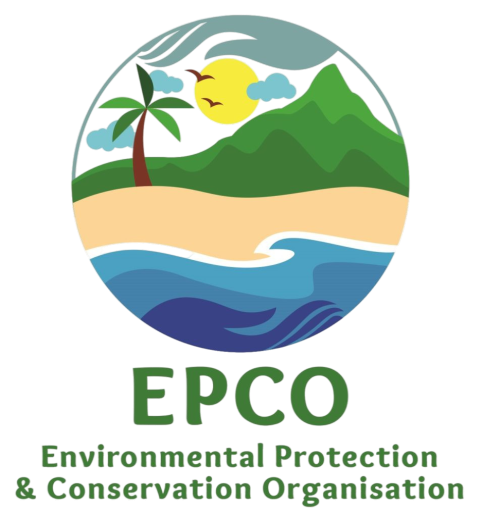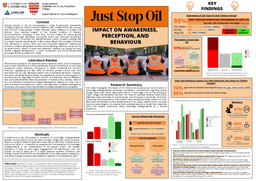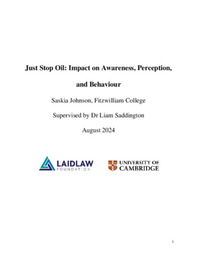LiA summary: climate resilience in Mauritius.
My Leadership in Action (LiA) project took place on the island of Mauritius, a Small Island Developing State (SIDS) off the southeast coast of Madagascar in the Indian Ocean. During my time there, I worked with the Environmental Protection and Conservation Organisation (EPCO), an environmental Non-Governmental Organisation (NGO). EPCO was founded more than 30 years ago in the Republic of Mauritius by a group of friends who were passionate about the protection and conservation of Mauritius. To this day, they continue to focus on coastal, marine, terrestrial, and freshwater biodiversity projects, and more recently on climate change adaptation and associated disaster response in order to help local communities build resilience to environmental changes.

I chose Mauritius for my LiA project because of its unique position in the face of climate change, with SIDS often facing the brunt of its challenges despite contributing the least to its causes. Furthermore, I believe that NGOs are vital under these conditions, providing initiatives which are mobilised through the community, increasing their resilience to environmental challenges in a culturally sustainable way. Thus, EPCO’s mission strongly aligned with my interests, so I decided to organise my own project with them, and they were kind enough to say yes!
Objectives
My project had three main objectives. First, I sought to learn more about how an environmental NGO operates, including how they approach the design and implementation of projects, and in particular, how they integrate the local community in this process. Second, and relatedly, I wanted to contribute to EPCO's website and social media, whether this be by improving the website design, writing articles, or posting regularly on their socials, like Instagram and Facebook. Finally, I focused on EPCO’s Resilient Island Endeavour (RISE) project. RISE aims to promote the resilience of fisherfolk facing the negative impacts of climate change on their livelihood - such as reduced fish in the lagoon, or increased bad weather - by providing alternative, innovative, and sustainable livelihoods, like seaweed farming. The seaweed industry is largely unexplored, but it provides an exciting opportunity for increased social, economic, and environmental resilience due to its range of benefits, such as being a nutrient-dense fertiliser and an ingredient for cooking. The project targets the south-eastern region of the island, as it was subject to devastation following the Wakashio oil spill in 2020.

From EPCO’s website: a photograph of Ulva Lactuca https://epco.ngo/resilient-island-endeavour-rise-project/
Outcomes
By engaging with local fisherfolk and the local community, I gained insights into the positive impact of the RISE project. I learnt about how it improves their quality of life by providing alternative employment during bad weather conditions and increasing their income during financially difficult times. These insights are beneficial to moving forward with the project by securing new sources of international funding. Relatedly, I also gained a better understanding of the barriers that RISE and other projects face, particularly the challenge of securing consistent international funding, with RISE having to pause after running out of funding.
Moreover, I learnt new skills by engaging with the website design and improving its graphics, whilst also editing and uploading videos to their YouTube channel. I was also able to upload consistently to their social media, an important part of EPCO’s media initiatives and stakeholder engagement. For example, attending events and conferences on behalf of EPCO provided me with relevant content to share with EPCO's followers interested in the environmental issues occurring in Mauritius and associated actions.
Concluding thoughts
This experience taught me a lot of valuable lessons about leadership in practice, in a context where it is ever more important to implement ethical and effective leadership. I learnt that leadership in the environmental sector requires balancing personal visions with realistic ones, and long-term visions with short-term flexibility to funding, cultural, and ecological realities. It also requires a connection and understanding with the lived experiences of local communities at the heart of decision-making. Working in communities where environmental issues are so close to home highlighted the importance of sensitivity, respect, and patience.
My time in Mauritius with EPCO was an amazing experience that not only broadened my understanding of climate resilience and sustainable adaptation in SIDS but also deepened my appreciation for grassroots leadership. It reflected plain and simply that leadership is not always about leading from the front, but from within, enabling others, and amplifying their voices.


Please sign in
If you are a registered user on Laidlaw Scholars Network, please sign in